Apple's iPhone and MacBooks are some of the most repair-unfriendly devices on the market, a U.S. PIRG report claims, with it scoring the lowest marks of major producers on the organization's repair scorecards.
Over the years, Apple's hardware has become much harder to repair, and has been the target of right-to-repair campaigns over its hardware. In a new report from the U.S. Public Research Interest Group, the iPhone maker is dead last in groups of major smartphone and notebook producers, in terms of repairability.
The report combines data from multiple sources to produce its grades, including self-reported scores mandated by the French government. With assistance from iFixit, the manufacturer-derived data is combined with how easy it is to acquire spare parts or documentation, and how the manufacturers respond to right-to-repair legislation attempts.
"Because repairing products is dependent on your ability to get access to necessary repair materials, our grade also reflects companies' record of lobbying against Right to Repair, or membership in associations which are prominent Right to Repair opponents," writes the U.S. PIRG.
For smartphones, Apple scored the lowest possible grade of F and a total of 2.75. Its French score was 5.64, with an average disassembly rating of 2.86 out of 10.
The report says that Apple lost the most points due to their engagement in opposing repair-friendly legislation.
Of the remainder, Google was third with a D+ and a score of 4.64, while Samsung was second with a C at 5.69. Motorola topped the list with a B+ and a 7.77 score.
On the notebook repair scorecard, Apple achieved a D- result with a score of 3.16. The result combined its average French score of 6.08 out of 10 with an average disassembly rating of 3.25 out of 10.
Apple was also penalized for its active lobbying against right to repair and supporting trade groups that were against the measures.
By comparison, Microsoft scored a D+ with 4.6, HP got a C+ with 6.39. Dell led the group with a B+ (7.81) followed by Asus (B+, 7.61), Lenovo (B-, 6.99), and Acer (B-, 6.87.)
Though Apple has routinely made it hard for fixes to be performed by users and third-party repair shops, the company has taken steps to change how it deals with the subject.
In November, it announced a "Self Service Repair" program that would start to sell parts and tools directly to consumers sometime in early 2022. Starting with the iPhone 12 and iPhone 13, the program will also expand to the Mac with M1 chips.
The move was welcomed by iFixit, calling it a "remarkable concession" to consumers wanting to do their own repairs.
 Malcolm Owen
Malcolm Owen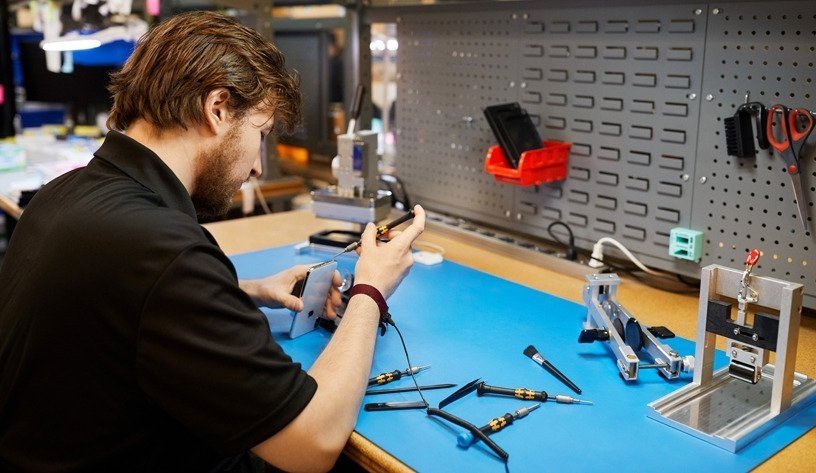
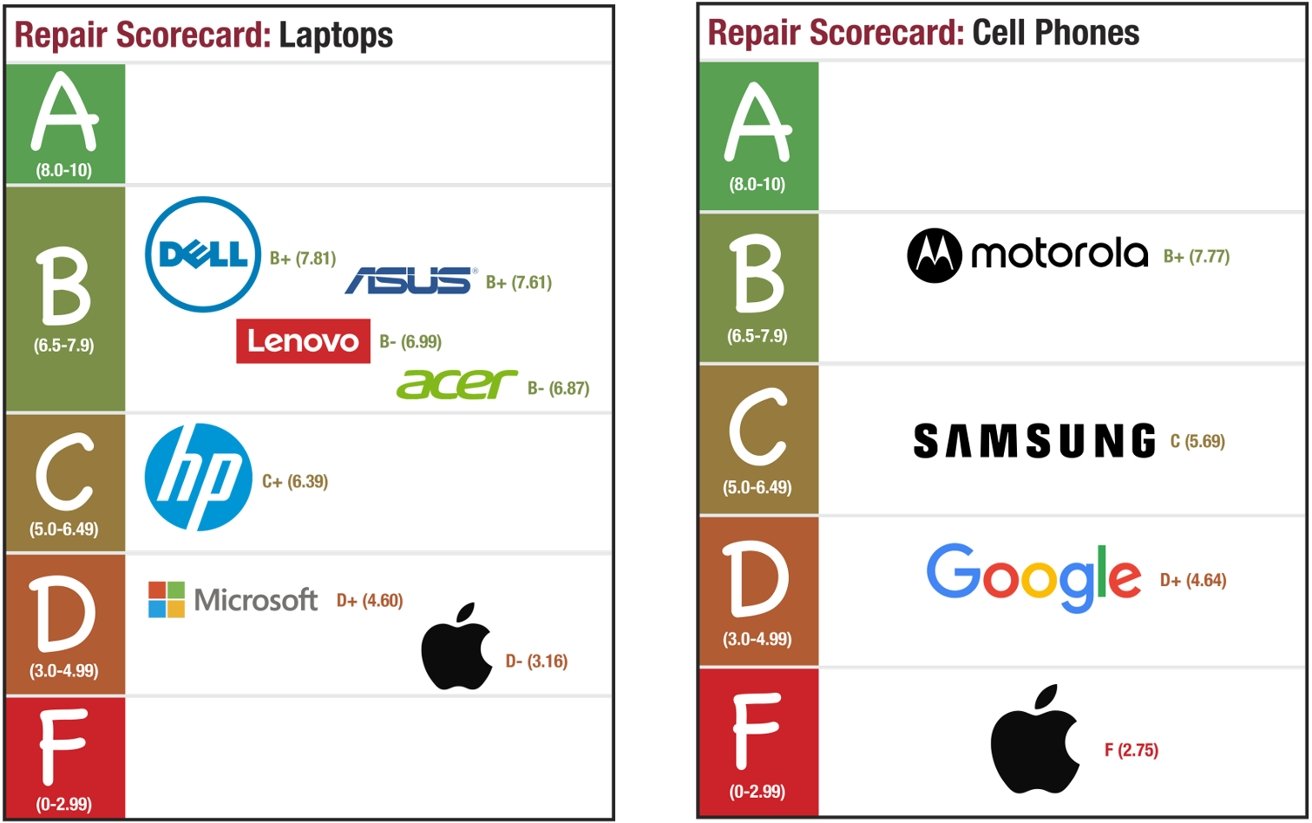






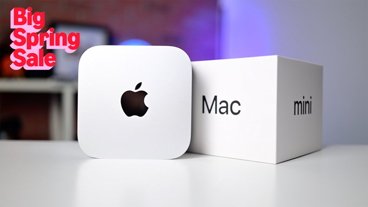
-m.jpg)





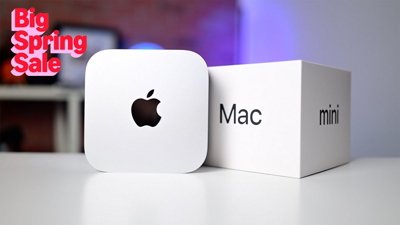
 Christine McKee
Christine McKee
 Wesley Hilliard
Wesley Hilliard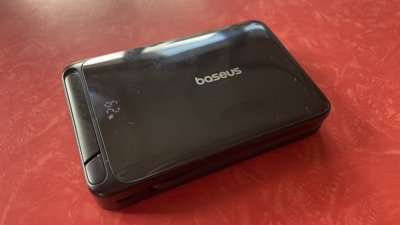
 Thomas Sibilly
Thomas Sibilly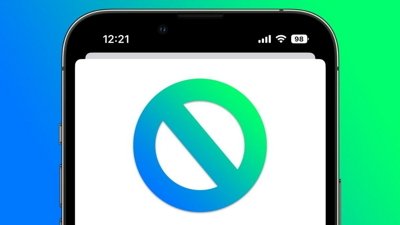
 Marko Zivkovic
Marko Zivkovic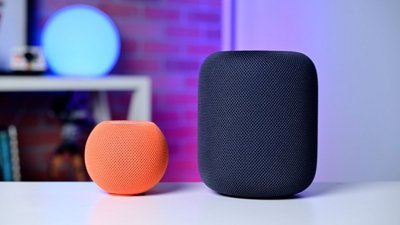
 Andrew O'Hara
Andrew O'Hara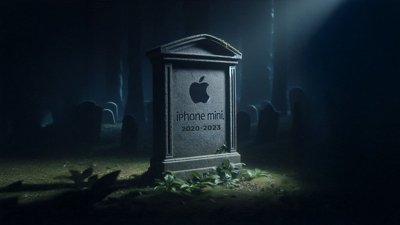
 Amber Neely
Amber Neely
 William Gallagher
William Gallagher
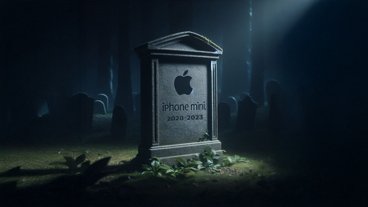

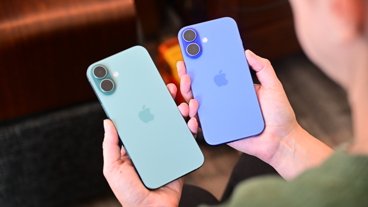






14 Comments
Anyone can call themselves a Public Interest Research Group and issue a report. Who are these people? (Person ?) What research did they really do? What other research projects have they done “in the public interest”. Or did issuing a press release slamming Apple to get all the headlines constitute the total of what they have accomplished.
When compact devices like smart phones move towards fully integrated solid-state construction, what will there be left to repair when something breaks?
At this point, repairability actually adds to the cost of manufacturing and impairs product quality. Designed-in repairability will impair compactness, dust and water proofing, and assembly costs. Not to mention security and privacy. So most of us will be penalized with more expensive less capable devices just to benefit what is basically a minuscule cottage industry of repair outfits.
I am not saying that electronic junk is not a serious environmental problem but a long term solution doesn't lie in repairability. Comprehensive, designed-in reduced material usage and recyclability is where the truly effective solution lies.
iPhones and iPads are made to be disposable items now! Even the battery replacement is hard to do! LOL! If it breaks, throw it away and buy a brand new device! MacBook Pros now have soldered in RAM and CPU too! Not sure about the MvME drives yet! My is still way from being filled up at 512GB.
Blah, bah, bah, yada, yada, yada. Lather, rinse, repeat.